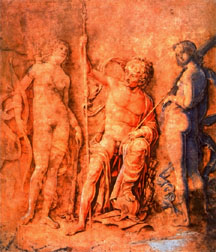Andrea Mantegna: "Mars, Venus, and Diana."
Click on image for full size
Image courtesy of Corel Corporation.
Mars
Ares was the Greek god of war. He was identified with the Roman god, Mars. Ares was driven by rage
and a strong desire for violence. He enjoyed the great noise of battle, and he loved
bloody warfare. Conflict and mindless killing was how he liked
to spend the day.
Ares was also associated with agriculture and particularly with the laurel tree.
The month of March was sacred to him. March was very important since it was the
messenger of the rebirth of plant life and the season of wars and campaigns.
Ares was conceived by Juno after being lightly touched by Flora, the goddess of flowering and blossoming plants, with a magical herb. Juno had previously asked flora's help in order to upset her husband Jupiter, who had produced Minerva from his head without Juno's aid.
Mars was the father of the famous Roman heroes Romulus and Remus who founded the city
of Rome. For that reason, Mars was believed to come to the aid of Romans in times of
crisis. The two heroes were born after Mars had raped Rhea Silvia, a Vestal Virgin.
Having lost her verginity, Rhea Silvia was condemned as a fallen priestess and
imprisoned. Years later, however, her twin sons released her from captivity.
You might also be interested in:

How did life evolve on Earth? The answer to this question can help us understand our past and prepare for our future. Although evolution provides credible and reliable answers, polls show that many people turn away from science, seeking other explanations with which they are more comfortable.
...more
In Roman mythology, Jupiter was the king of heaven and Earth and of all the Olympian gods. He was also known as the god of justice. He was named king of the gods in the special meeting that followed his
...more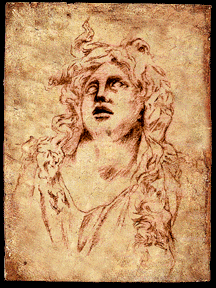
Gaea was the great deity of the early Greeks. She represented the Earth and was worshipped as the universal mother who had created the universe and borne both the first race of gods (the Titans) and the
...more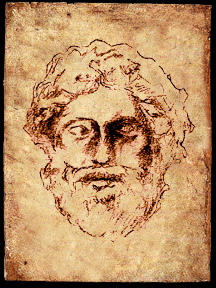
Following the defeat of the Titans by the Jovian gods, Hades obtained the kingdom of the underworld. One day, while he was riding through the field of battle, the goddess Aphrodite had her companion Eros
...more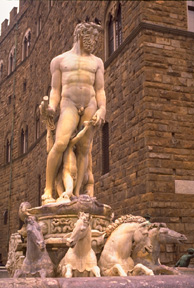
Neptune was the name that ancient Romans gave to the Greek god of the sea and earthquakes, Poseidon. He was the brother of Jupiter (Zeus) and of Pluto (Hades). After the defeat of their father Saturn (Cronos),
...more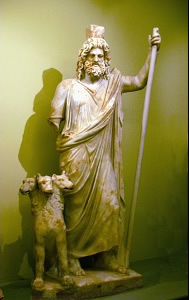
Following the defeat of the Titans by the Jovian gods, Pluto obtained the kingdom of the underworld. One day, while he was riding through the field of battle, the goddess Venus had her companion, Cupid,
...more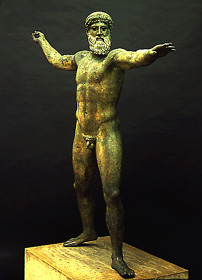
Poseidon was the Greek god of the sea and earthquakes. Poseidon was depicted as a bearded man with long hair, holding a trident and accompanied by dolphins and fish. He had the reputation for having a
...more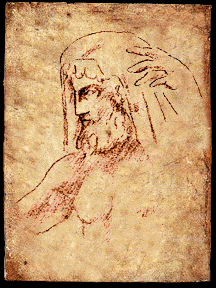
In Greek mythology, Cronus was the son of Uranus and Gaea.He lead his brothers and sisters, the Titans, in a revolt against their father and became the king of the gods. He married his sister, the Titan
...more


